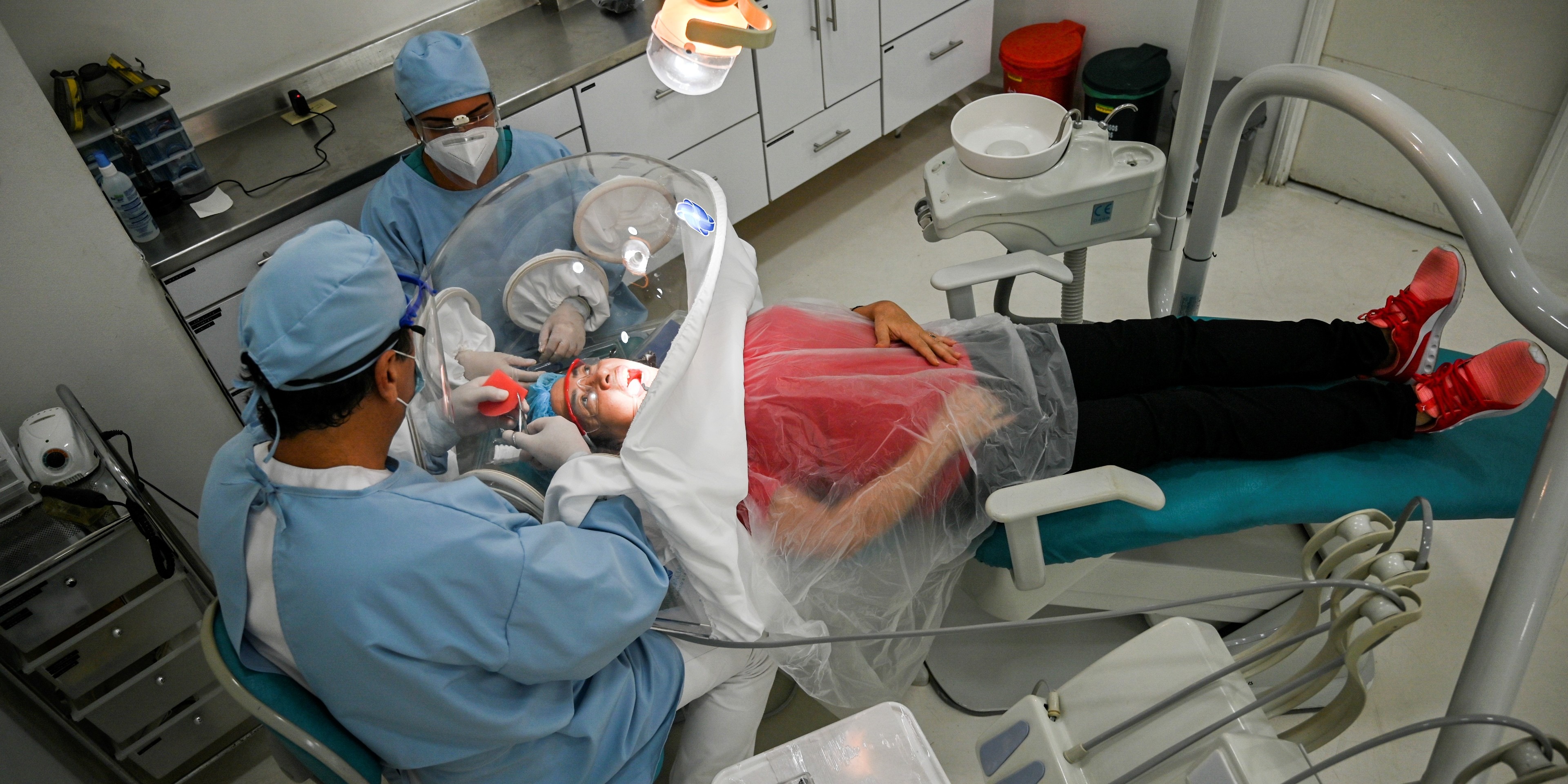Every day in "Without appointment", Mélanie Gomez and doctor Jimmy Mohamed answer listeners' questions.
Thursday, they answer Elsa who wonders if it is normal that one withdraws less the teeth of wisdom to the teenagers than in the past.
The dentist Christophe Lequart gives him some elements of understanding.
Are wisdom teeth unwanted? Thursday in Without appointment, Mélanie Gomez and doctor Jimmy Mohamed answer Elsa who is wondering about those of her teenager. She says she does not see wisdom teeth in him and has noticed that they were extracted less frequently than in the past. Also, she wonders if this is normal.
Christophe Lequart, dental surgeon member of the UFSBD, explains to the microphone of Europe 1 that evolution has made it possible to have less need to resort to this operation, which can still sometimes be useful.
Wisdom teeth do not move teeth
First of all, Christophe Lequart confirms, "the extraction of wisdom teeth is no longer systematic".
Indeed, the main reason which motivated this withdrawal, "which one calls the germectomy, ie the abduction of the germs of the wisdom teeth" was "that one feared that they move the teeth", explains the dentist.
>> Find all of Sans rendez-vous in replay and podcast here
However, this idea has been invalidated by science, as Christophe Lequart explains.
"Today, studies prove that even after orthodontic treatment, there is no risk of dental displacement linked to wisdom teeth."
A withdrawal in case of inflammation or infections
In addition, "more and more children do not have the germs of wisdom teeth. We can explain this by the evolution of the species. Our jaw is shortened and nature does things well. So there is no plus the germs of wisdom teeth because they become useless ", specifies Christophe Lequart.
And without these germs, you no longer need an operation.
This does not mean, however, that removing these teeth is unnecessary.
Indeed, "we continue to practice wisdom teeth extractions in various cases, in particular when we have repeated accidents of evolution of these wisdom teeth, with inflammation and sometimes even infections."

